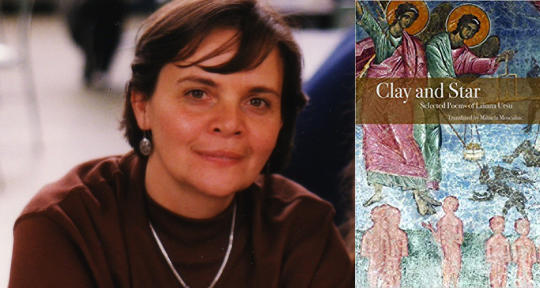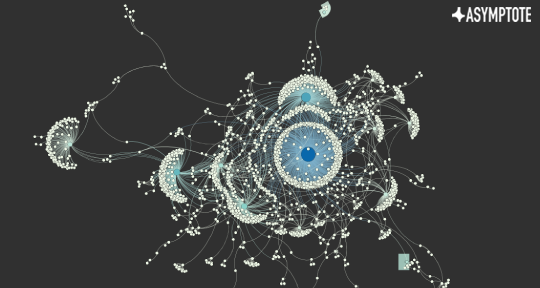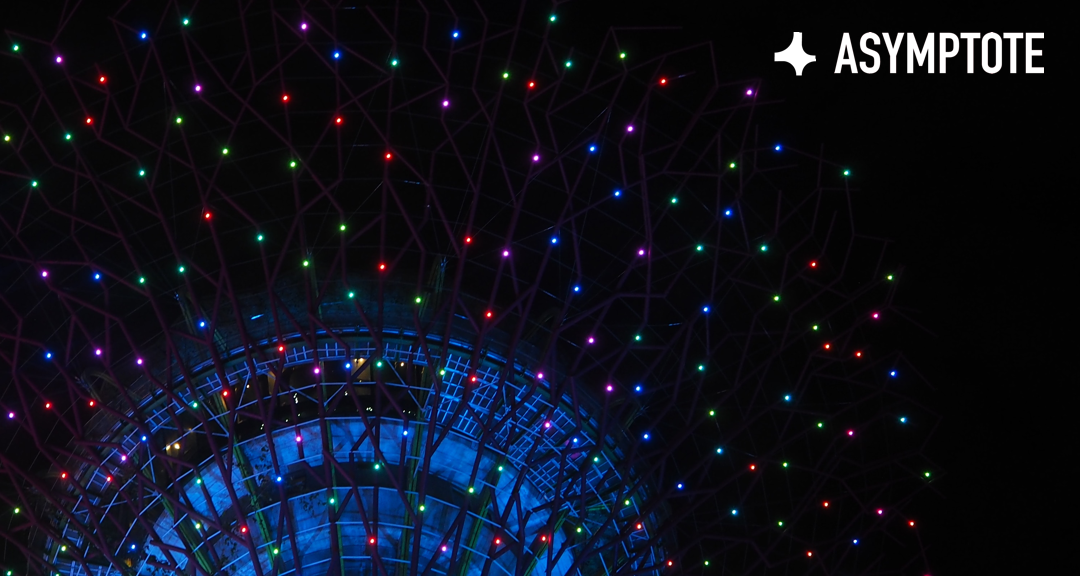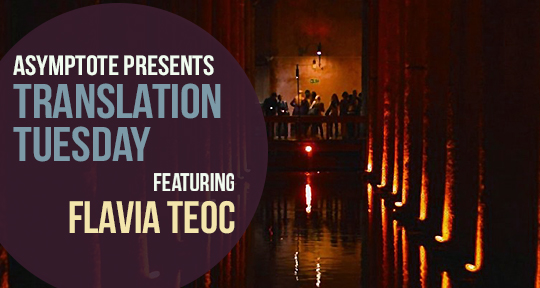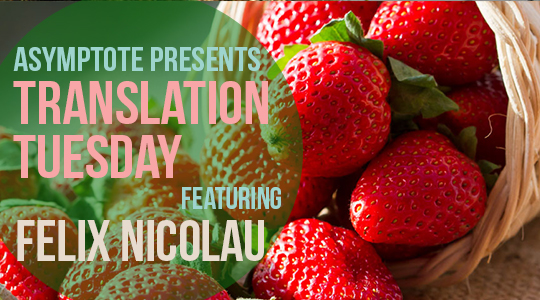Rainer Maria Rilke writes in Letters to a Young Poet, “We know little, but that we must trust in what is difficult is a certainty that will never abandon us; it is good to be solitary, for solitude is difficult; that something is difficult must be one more reason for us to do it.” As countries around the world enter lockdown in response to the COVID-19 situation, readers, writers, and translators find other ways to thrive, to share their stories, and to respond to the crisis. In Argentina, female writers engaged with International Women’s Day; in Sweden, organizers found novel ways to interview authors after the cancellation of its Littfest festival; and in the UK and Belgium, publications and exhibitions look to live-streaming and online platforms to overcome cancellations.
Allison Braden, Editor-at-Large, reporting from Argentina
Around the world, women and men recognized International Women’s Day on Sunday, March 8. In Argentina, women protested pervasive violence against women and abstained from going to work or school on “Un día sin nosotras,” or “A Day Without Us,” the following Monday. But the day also marked an opportunity to celebrate the gains women have made in math, science, and literature, among other fields, and 2019 marked an unprecedented year for global recognition of Argentine women authors. One of the many authors recognized was María Moreno, a leading voice in the #NiUnaMenos (#NotOneLess) women’s movement in Argentina. Chile’s Ministry of Culture awarded her the Premio Iberoamericano de Narrativa Manual Rojas, and she recently read from her work Mujeres de la bolsa at the Mariano Moreno National Library in Buenos Aires.
This year, Argentina inaugurates a national literary prize, modeled on the Booker and Pulitzer prizes. The Premio Fundación Medifé Filba de Novela will honor a novel published in 2019 and award its author, who must be Argentine or a naturalized citizen, a cash prize. Authors and publishers are able to submit works for consideration until April 15. Organizers hope the prize will be a welcome source of conversation about Argentina’s literature for years to come. READ MORE…


